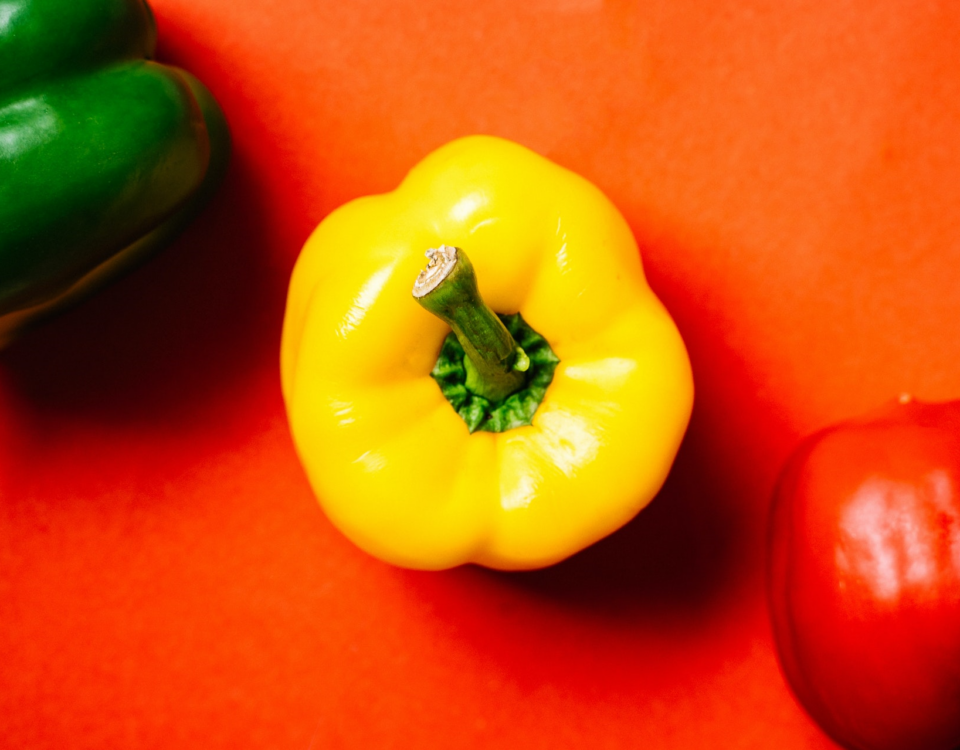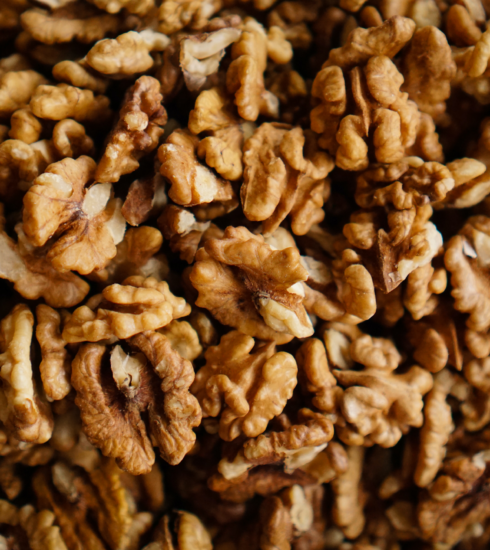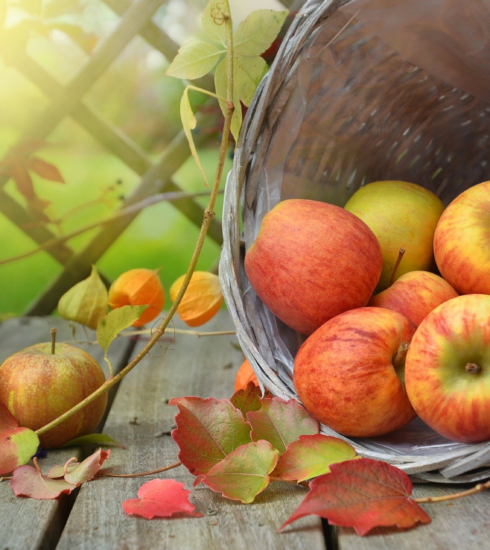Top 10 Foods With the Most Pesticides
When it comes to food, quality is more valuable than quantity. A 2015 study by the Environmental Protection Agency found that consumers who often or always bought organic fruits and veggies and ate more produce had significantly less pesticides in their urine than those who bought only conventionally grown foods.
What are Pesticides?
Pesticides are substances designed to repel, kill, or control pests that threaten crop yields. However, their pervasive use has led to unintended consequences. Residual pesticide residues often find their way into the fruits and vegetables we consume, presenting a potential health risk.
- Health Hazards: Pesticides, designed to be toxic to pests, can also pose health risks to humans. Chronic exposure to pesticide residues has been linked to a myriad of health issues, including:
- Cancer: Some pesticides have been identified as carcinogens, with long-term exposure increasing the risk of certain types of cancers.
- Neurological Effects: Studies suggest that exposure to certain pesticides may contribute to neurological disorders, such as Parkinson’s disease and cognitive decline.
- Endocrine Disruption: Pesticides can interfere with the endocrine system, disrupting hormonal balance and potentially leading to reproductive issues and developmental abnormalities.
- Vulnerable Populations: Children, pregnant women, and the elderly are particularly vulnerable to the adverse effects of pesticides. Developing organs and systems in children may be more susceptible to the harmful impacts of these chemicals, while pregnant women may pass on pesticide residues to their unborn children.
Environmental Impact:
The dangers of pesticides extend beyond human health to the environment. Pesticide runoff contaminates soil and water, leading to a range of ecological issue.
True, organic fruits and veggies are more expensive, but your health is worth the investment. Although you may not always be able to buy all organic, avoid the following produce items that are the most pesticide-laden.
- Strawberries
- Apples
- Nectarines
- Tomatoes
- Celery
- Cherries
- Grapes
- Spinach
- Peaches
- Bell peppers










